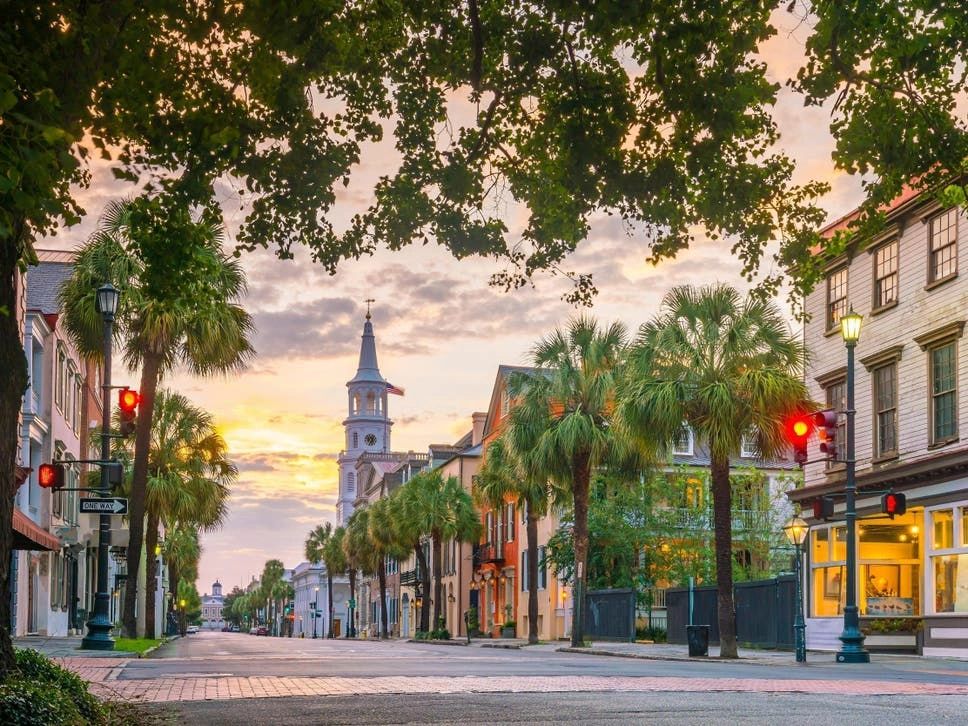
Charleston is recovering from the social unrest that took place over Memorial Day weekend. I live in downtown Charleston with my partner. A few weeks ago, we could hear the protests and the sirens from our deck. We watched the helicopters circle the city. We felt our apartment shake from booming fireworks… And then, we were amazed the following morning as hundreds of volunteers came Downtown to help clean up and begin restoration.
As policy reforms are sweeping across the nation, Charleston is left with a challenge. Charlestonians know that change is happening, but what to change and how to change is in question. At Synergy, we are asking ourselves the same questions. What can we do to respond directly to this need and how can we do it? What is our ethical responsibility as a team of licensed professionals trained to facilitate sensitive conversations? So last week, I took to the streets of Charleston with my graduate intern for a grassroots effort in learning what the community has to say.
We were specifically interested in asking local establishments what exactly they believe Charleston needs at this time to heal. Recognizing many members of our community are vulnerable and suffering right now, we stopped door-to-door along King Street, showing a willingness and true desire to listen to our community face-to-face. We heard directly from Charleston managers, employees, owners, and patrons alike what they need from social workers and organizations like Synergy willing to lend a hand. I explained to everyone I met that I was coming as a neighbor first and a social worker second.
Overall, most businesses welcomed us and were excited to learn that mental health organizations like Synergy are trying to make connections with the community, and they helped us perform an informal community needs assessment so we can understand what Charleston needs to heal. It became clear that many of the businesses we visited share the same concerns and threats to well-being. We also discovered of those who we spoke with, many are aligned in thought, in needs, and in morality.
The needs expressed during our conversations were as diverse as the people who shared them. Of course, we heard first-hand about difficulties in trying to reopen businesses while juggling new COVID-19 regulations. But we also heard more from managers specifically sharing concern for their employees who are experiencing anxiety or fear over remaining safe as the tourist season is upon Charleston. Besides COVID-19, there were feelings expressed by those engaged in peaceful protests as well as residual trauma from the violence of rioting that was witnessed first-hand. There were others that expressed an interest in using their space for community centers where education could take place. Some welcome a vision of community speakers, community action, and conversations of change meeting the demands of social justice and social policy changes. They want to be leaders for change in Charleston.
At Synergy, we will continue to seek how we can bring the members of this community together and continue to ask how we can provide opportunities to bring about lasting change in community well-being. Many individuals in Charleston are ready to make an effort for change, and Synergy is recognizing the key needs of linking mental health to the community.
Mental health needs to be creative.
Mental health needs to be de-stigmatized.
Mental health needs to show flexibility in its ability to support change.
Mental health needs to show that partnerships, rather than separation,
promote growth and well-being.
Mental health needs to show that society can change by
blending vulnerability and accountability.
How can we help you accomplish your efforts? How might we re-imagine mental health together? After all, we are in this together.
Written by: Spencer Kilpatrick, LISW-CP, Psychotherapist for Synergy Counseling Services
Posted Wednesday, June 17, 2020